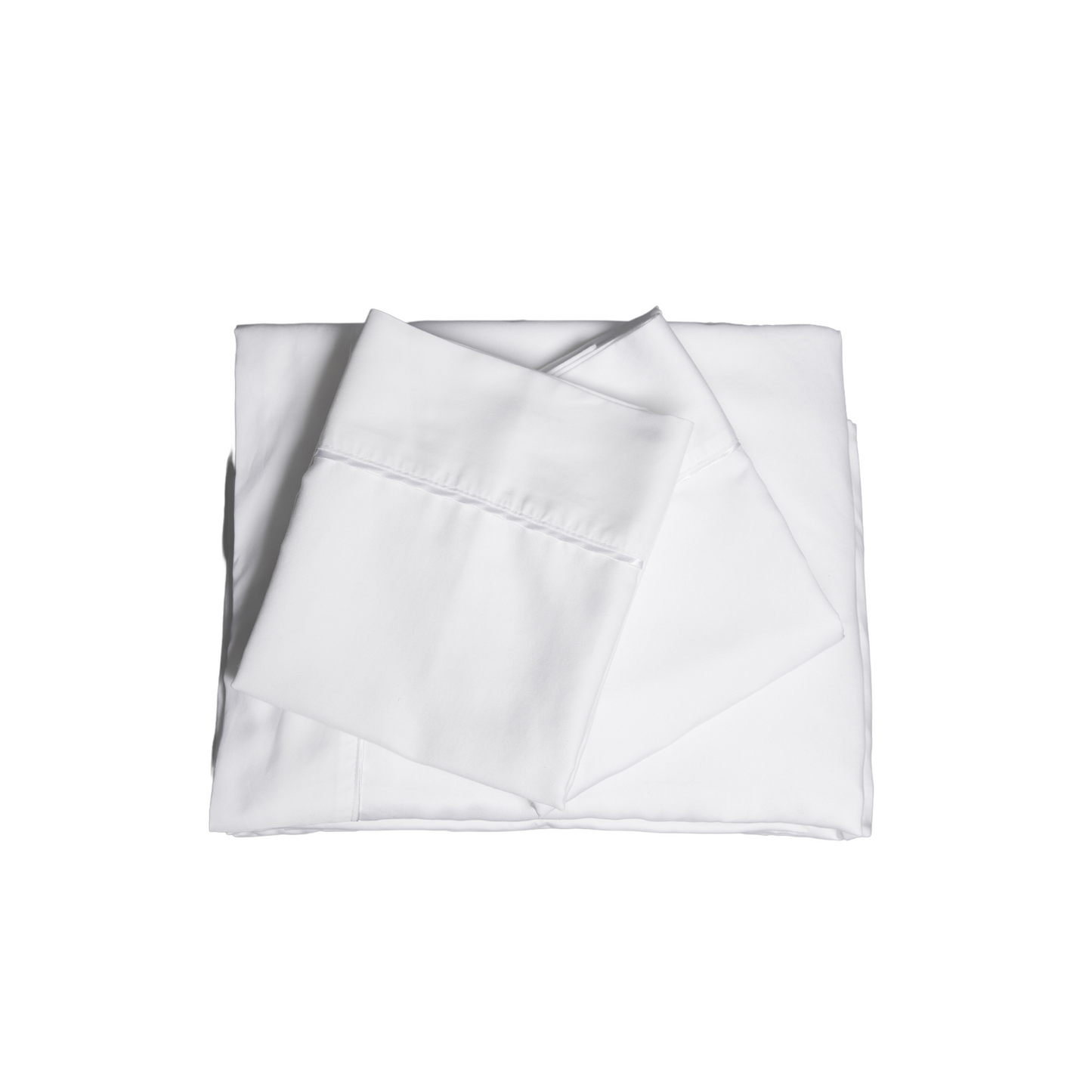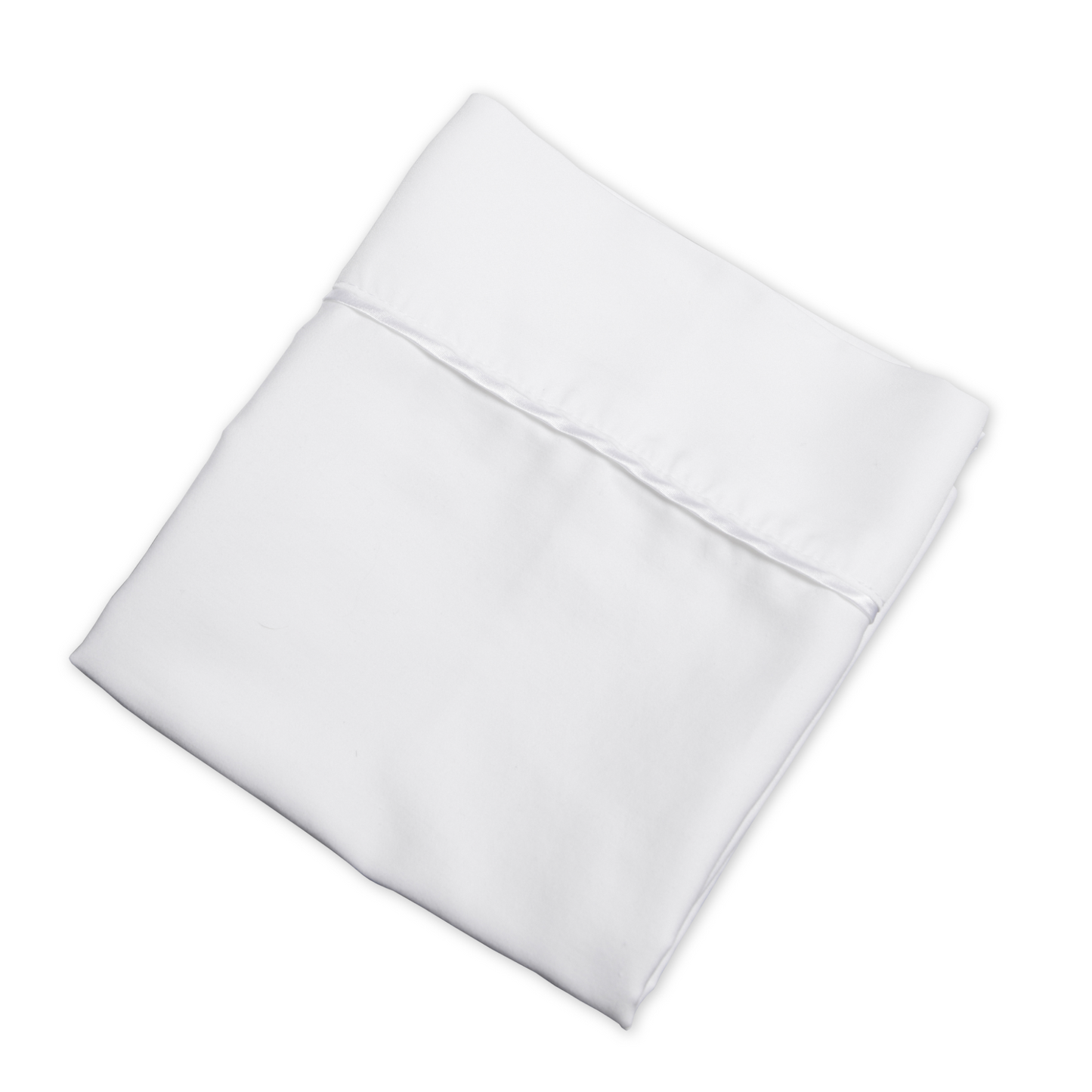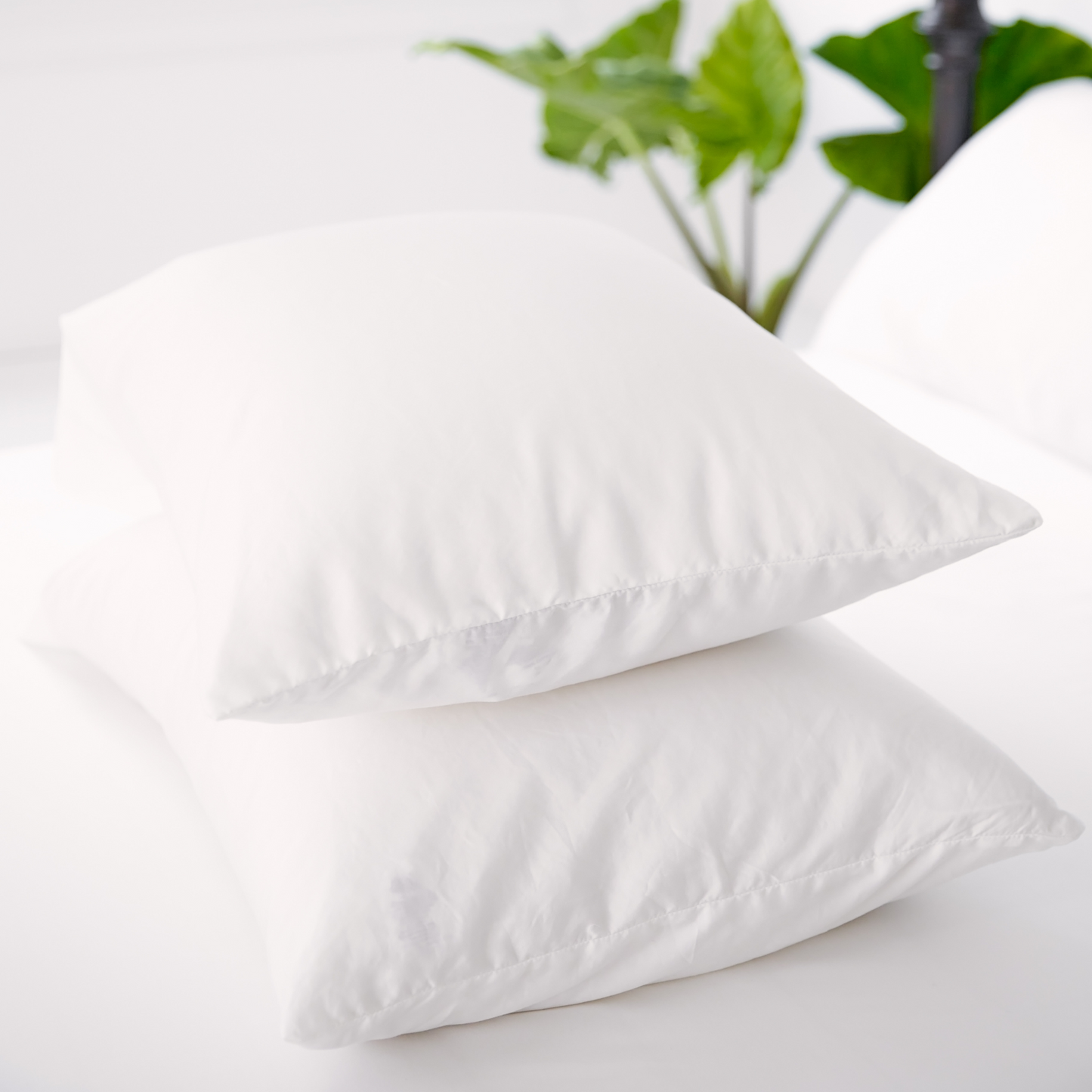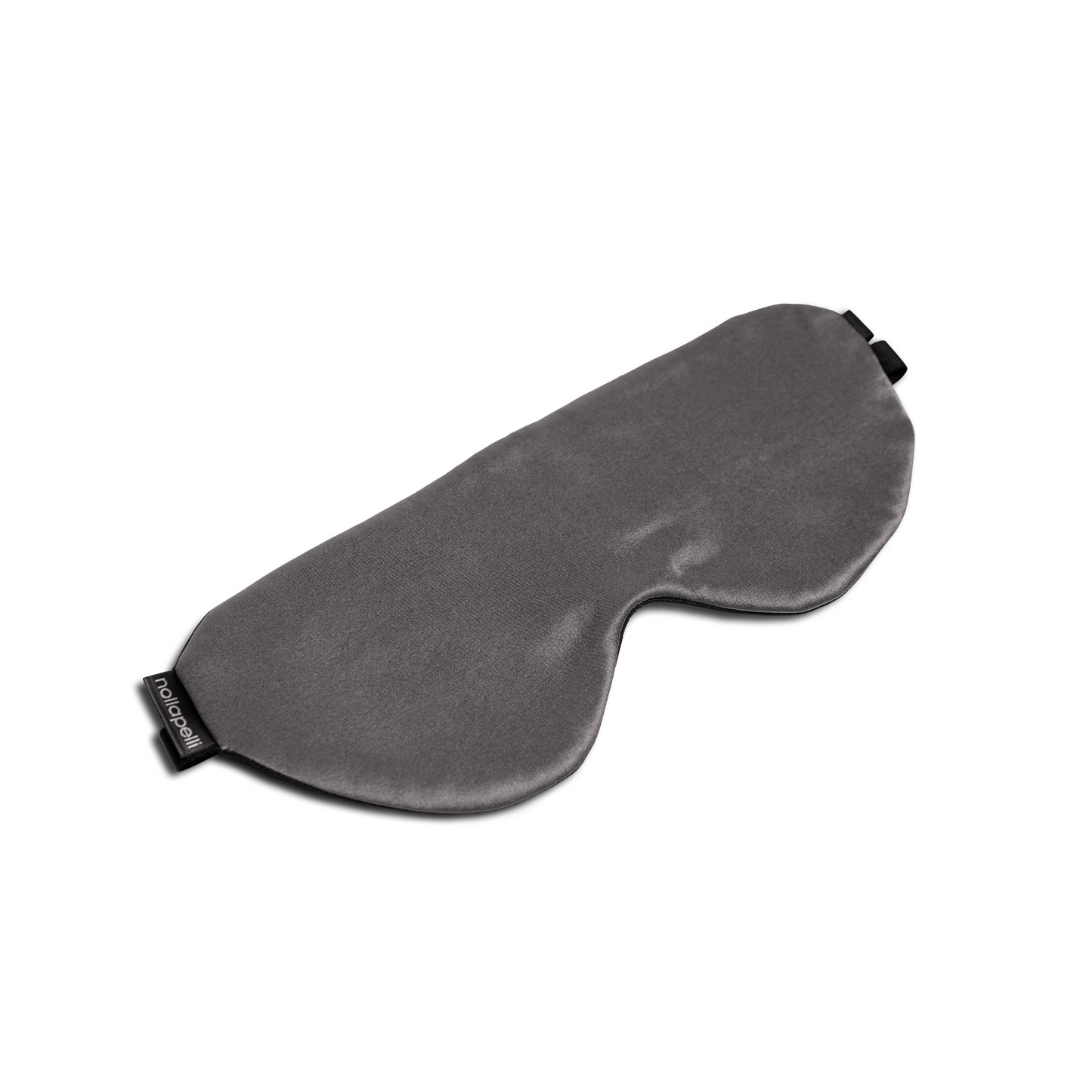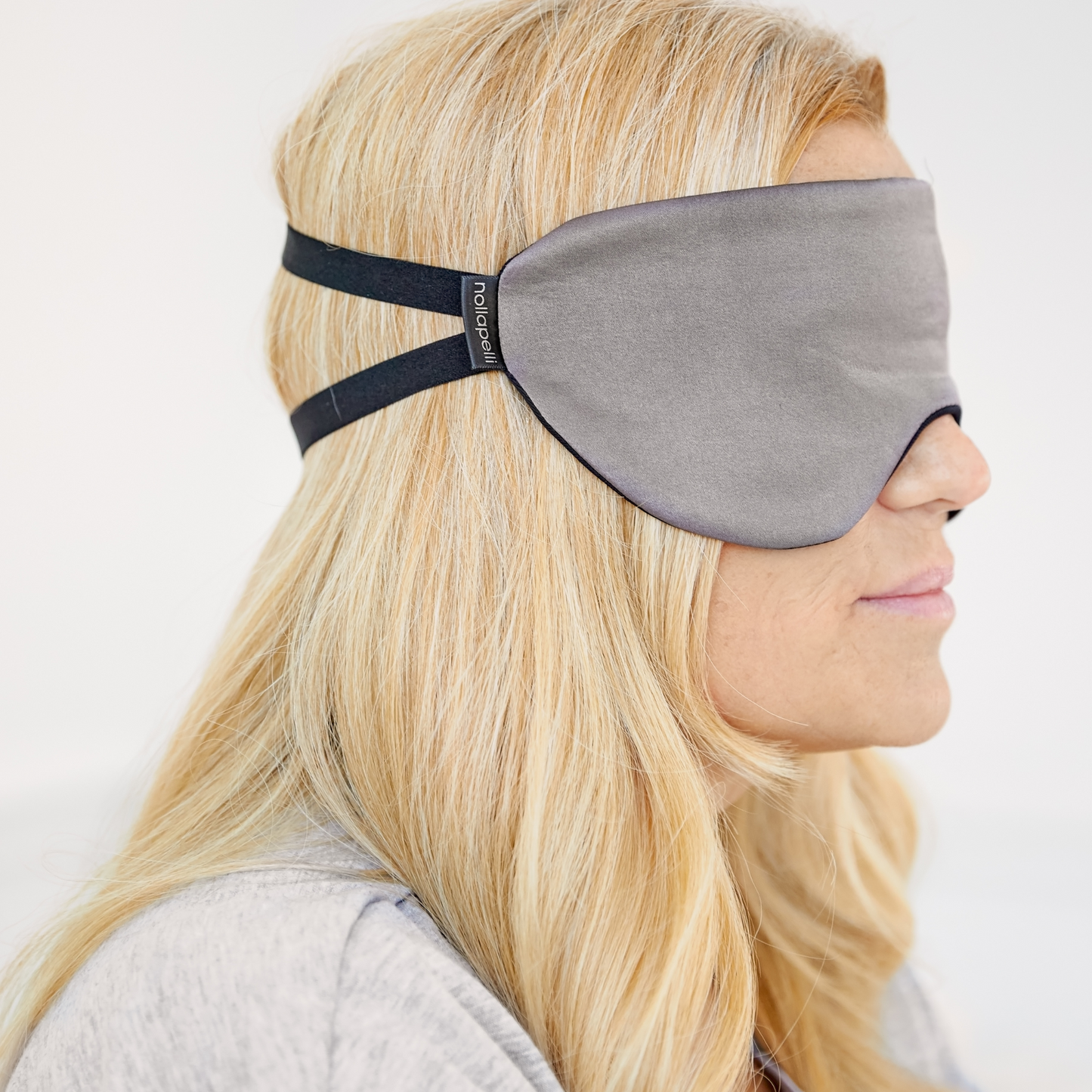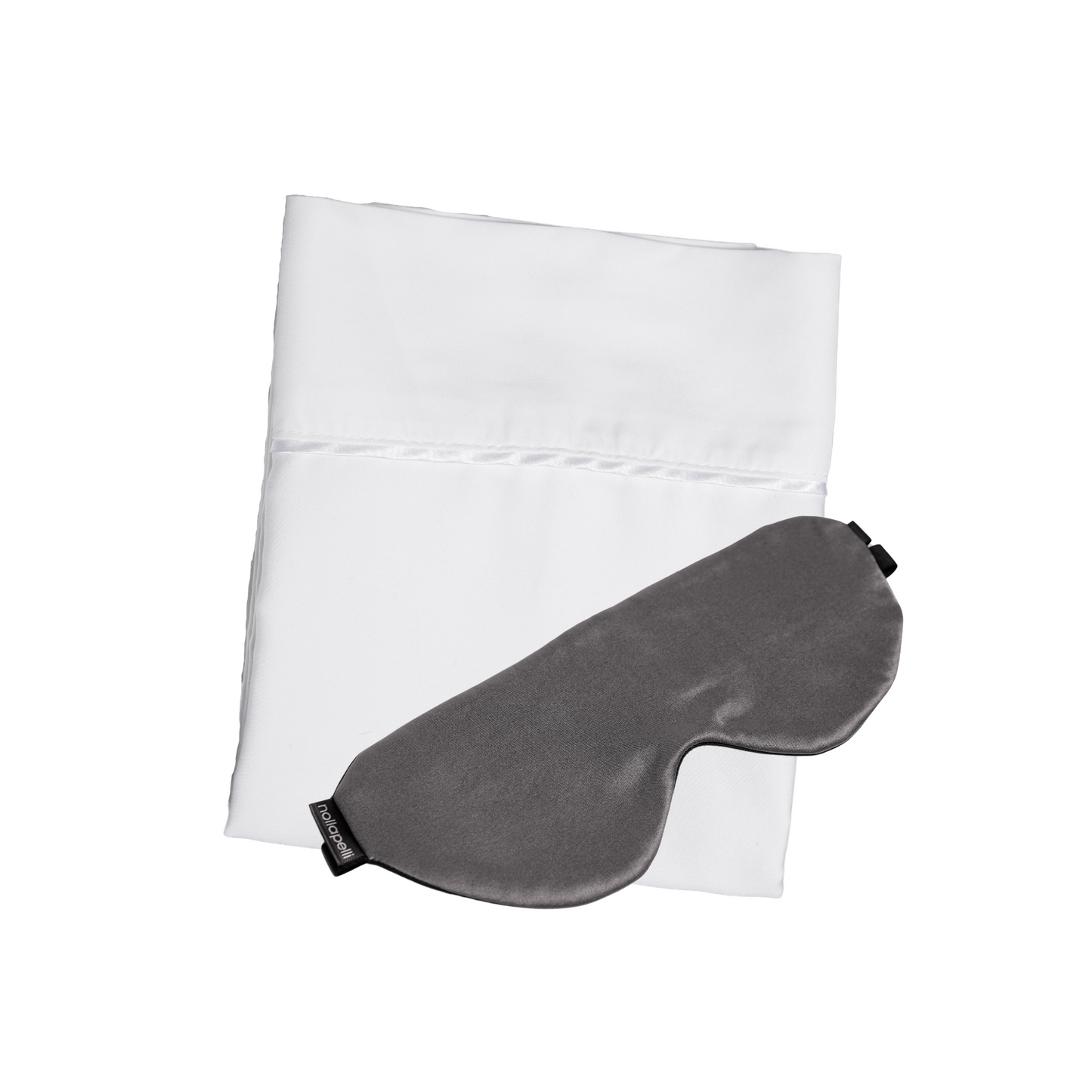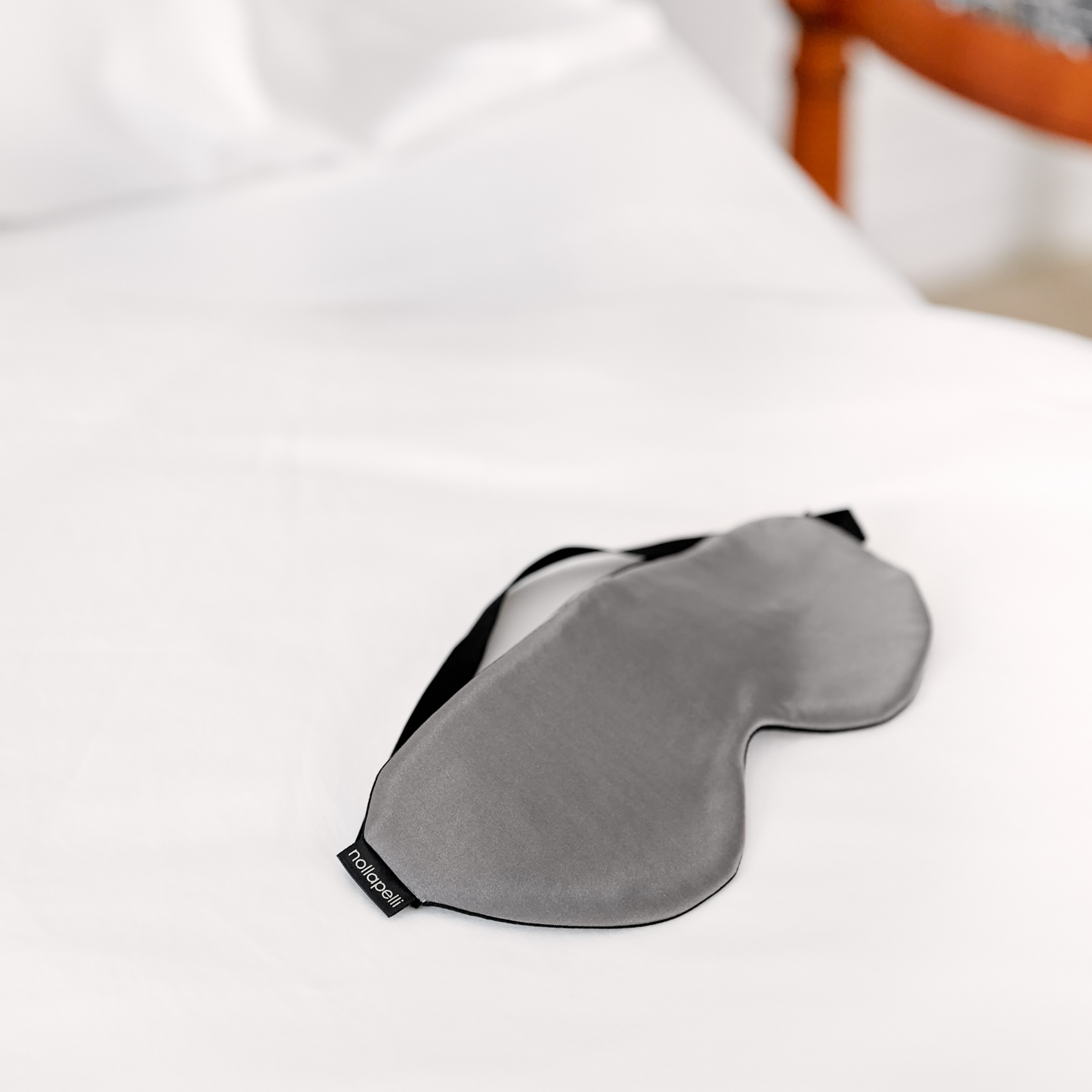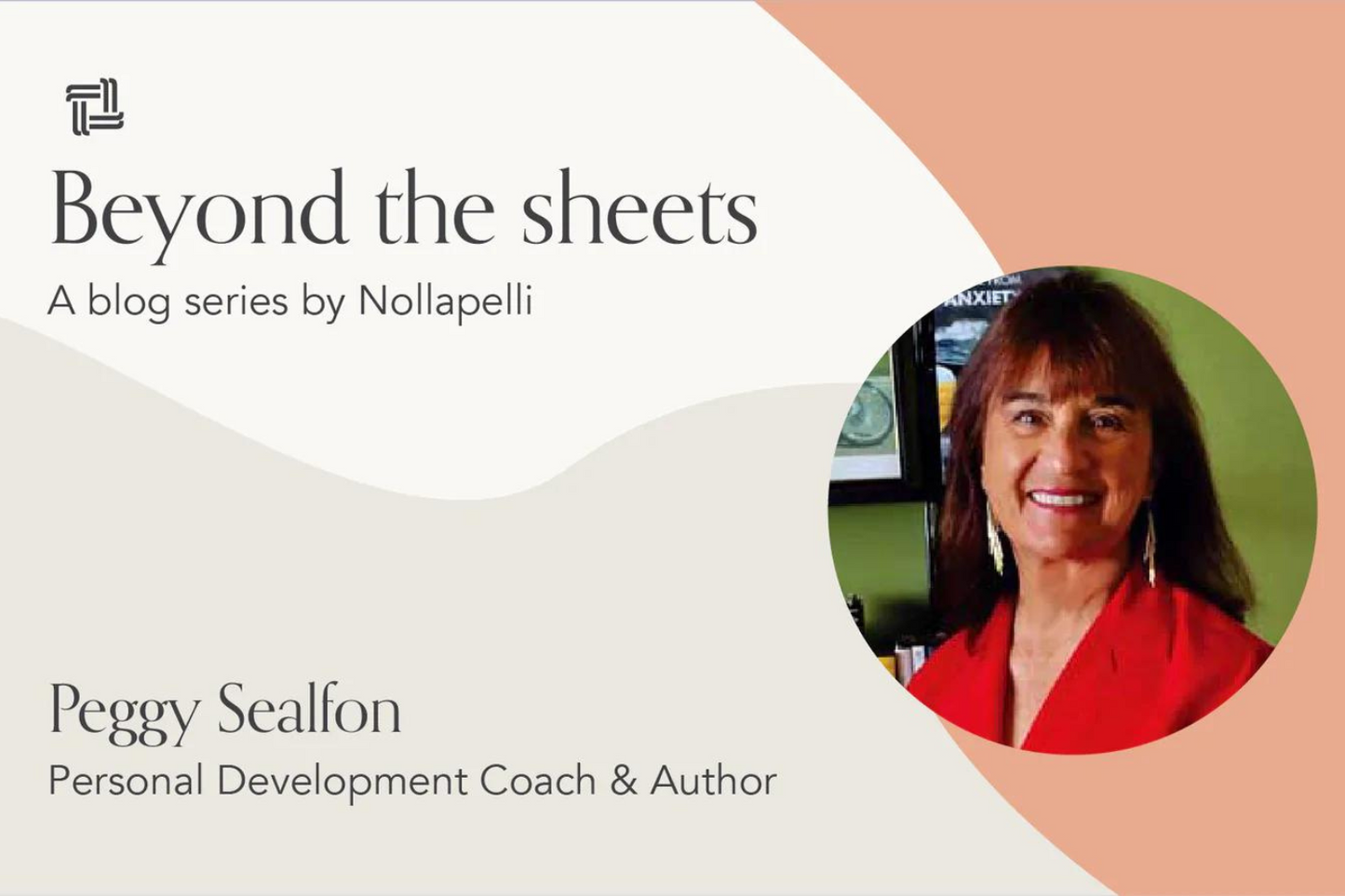
Beyond the Sheets: Peggy Sealfon, Personal Development Coach & Author, on Acknowledging Fear for Improved Wellness
Peggy Sealfon is an author and novelist [her latest book, Awakening: A Novel, won a Firebird Book Award], a personal development coach, motivational speaker and a student and teacher of body, mind and soul alignment. Simply, she is a force awakened in an intersectional wellness world.
In our conversation, Peggy explains the importance of boundaries and acknowledging fear when it comes to stress and anxiety management, particularly when it comes to work/life balance. She notes a huge part to mitigating stress and anxiety is knowing the difference between them. And of course, sleep is discussed and how we can achieve a restful state prior to quality sleep. 20 minutes of Peggy, and you will feel renewed.
…
Jessa Gibboney (Nollapelli): Peggy, it was very difficult to narrow down questions for you. There are a lot of topics I wanted to talk to you about. Specifically thinking about what we're all dealing with right now, you're internationally recognized for your stress and anxiety-reducing techniques. I want to talk to you about work-life balance for people right now. It's changed a lot over the past year. It has altered and not everyone has done great with it. Me included. What do you see from a stress perspective when it comes to work-life balance? What are people most struggling with right now?
Peggy Sealfon: That's such a great question. Having endured the challenges of 2020, the biggest thing that we all needed to come to grips with is how to manage fear. We were all in such fear that really shut down our ability to function properly and make good decisions. And then we had all these lifestyle changes. Now we are suddenly working from home virtually and our kids are home being schooled virtually, and many things have changed. The biggest thing was being aware of the fear and what we could do to change that, but also developing that work-life balance that you pointed to.
Having endured the challenges of 2020, the biggest thing that we all needed to come to grips with is how to manage fear.
It's about creating boundaries when you're working, you work and you're in that mode and in that environment and you dress for it. I saw a lot of my zoom calls where people look like they were in their pajamas with their hair, like they woke up and came to the camera out of bed. I understand it's a change using electronics and the way that we have, but it's being able to adapt. The biggest thing was really tapping into our resiliency and being creative in that adaptive process. We had to learn ways of tamping down the fears, the frustrations, the worries, and really be able to interrupt those patterns because once we got caught up in them, we got stuck there. The big takeaway that we learned from 2020 is awareness and dealing with what we have to deal with and create boundaries.
Jessa: You can feel stress, it's physical. You can feel anxiety, your body doesn't lie, but how do you go about explaining to someone how to pinpoint where that's coming? It sounds like it's easy to identify, but sometimes it's really not. How do you help people identify where that stress urce is?
Peggy: That's a really good question. The biggest challenge is recognizing the difference between stress and anxiety. Stress is, is more pinpointable. Oh my gosh, I'm stressed. I can't pay my bills or I'm stressed that I can't make this deadline, or I'm stressed because I'm getting married or I'm having a baby. These are all stress points. That again, when we're mindful about them, we can deal with those stress points better. And in me situations we can prepare for them because we actually know we're going into a stressful situation. I teach a program in public speaking excellence. A lot of people who do public speaking are stressed about getting up in front of an audience. And if you're aware of that, you can prepare for it.
Anxiety bubbles up from fears, from worries, from the frustrations and it's stress on steroids. It comes more from uncertainties and an uneasiness and apprehension leads to things like panic attacks and other kinds of disorders. One of my big pushes this year is really helping people develop mental wellness strategies. There are many things that we can do once we recognize, Oh my gosh, I'm feeling anxious. I'm shaking, I'm nervous. I'm not thinking clearly, I'm not sleeping. All those kinds of things contribute to an inability to function and be productive and really be who we are. It's understanding those differences to begin with, you can identify stress more easily. Anxiety is a little more subtle, but again, there's things that you can do to mitigate.
Jessa: That goes back to your first answer to the creating boundaries. One boundary I pulled was getting yourself together as if you were going to work, putting yourself not only mentally in that space, but physically in that space as well. Are there any other tips or wellness techniques that people can do to help mitigate that stress?
Peggy: We're all a work in progress. It's really identifying strategies and techniques that you can implement in your everyday life that you can really default to, it becomes a habit. It takes practice doing things like developing mindfulness, being aware. If the kids are screaming in the other room and you're in a work mode, it's important that you stay focused on the work mode unless they're in physical danger. It's learning how to stay focused and things that can help with mindfulness, and doing other kinds of mind, body integrative programs. There are many to choose from, and even things like developing affirmations. These are positive statements that you use to reinforce how you want to show up and how you want to function in any given moment. If you're feeling stressed and you're trying to get focused, you can come up with an affirmation that brings you back into the moment. I'm present with what is. I accept what is as is, I'm productive. Stating that to yourself, allows yourself to really respond. It's finding strategies that resonate with you that fit into your lifestyle, that you can begin to adapt as a habit. You default to those positive habits rather than to the shut down of what stress or anxiety might do to you.
Jessa: It's important to note your website (peggysealfon.com) as well, because you have a lot of great resources there. You have everything from books to your blog, a lot of great information on there as far as mitigating stress and developing those habits.
Peggy: Thank you. I'm passionate about wanting to help others and not to have to suffer or struggle. We can enjoy life more effortlessly and we can do it by trying these different techniques. I do have a lot of free meditations on my website. I have a gratitude meditation to stop anxiety, which I actually developed at the beginning of the pandemic to try to help as many people as possible. It's only about 14 minutes and it's really heart centered, and it really helps you come into the present and let go of things that aren't serving you. And I'll be honest. I found that I was using it every morning because it really helped me stay grounded and stay in my mind body integration, which is really the key that's when we function the most optimally.
In fact, I had a huge zoom meeting with about 200 different wellness professionals all over the world. And Dr. Richard Carmona, who was our 17th Surgeon General, was speaking. He talked about how the optimal is that alignment of mind, body and spirit. There's a lot of techniques and strategies that we can use.
Jessa: I talked to a gentleman [Michael Lahm] in the spa industry recently, and he was talking about a big trend he sees coming up is the alignment of the spiritual and the alignment of the scientific. This intersection of both and how he sees that really takes hold for a holistic approach.
Peggy: Totally agree. I've trained in Eastern and Western traditions for that very reason. I believe in that integration and now more than ever in 2021, we are able to tap into more Western techniques of accumulating data and real scientific information to show the impact of many of these more spiritual practices like meditation. I trained with a world-renowned yoga master in yoga nidra, which is a yoga sleep. And studies have shown that doing 20 minutes of that is equivalent to three to four hours of deep REM, rapid eye movement sleep, where we really restore, renew and revitalize. Had we not had the scientific impact to be able to evaluate that we would feel good doing it, but now we have it more quantified. And that's what we're seeing, that intersection of technology, of health opportunities and being able to blend it with many of the spiritual practices that have been around since the ancient ages. Now we're able to even see their efficacy more poignantly. You can feel it, but now you can quantify it, It's pretty cool.
Jessa: Absolutely. That's a great pivot into sleep. Nollapelli being a bedding company, we are big on sleep, and sleep and stress / anxiety have a love / hate relationship for sure. We love to drive the point home, but how important is sleep when it comes to stress management and anxiety?
Peggy: It is one of the most important factors. We tend to, especially in our country, in the United States to minimize it, we always compromise on sleep and sleep deprivation leads to all kinds of disorders - you can't focus, you can't think clearly, you don't make good decisions. The release of stress hormones, like cortisol makes us crave carbohydrates. Then, we gain weight and we don't feel very good because we don't like how that feels to gain weight. The eight hours of sleep, it's really important for productivity, for performance, for health and wellbeing. I work with a client who suffers from post-traumatic stress disorder and we get on these zoom calls cause she's in another part of the country. I can tell when she says, Oh, I've had a really bad day. I really didn't do well today. I know she hasn't slept well. Her coping mechanisms are completely compromised when she doesn't sleep well. I've been pointing out to her things that when you don't sleep well, here's what you need to do to change that.
Jessa: We often talk about quality sleep and then there's sleep. And a lot of times people have to get in the right mindset to achieve quality sleep. Are there any techniques that you can share with us or where we can find them that help us achieve that calm, tranquil state, that leads to quality sleep?
Peggy: That's important what you've pointed out Jessa. It's really about developing a pre-sleep routine. At the end of the day, you can really wind down. It's about not having caffeine late in the day, not eating a heavy meal, not exercising within a certain period of time before going to bed, turning off the digital devices. Most of them have that blue light that actually stimulates the body into thinking it's daytime and I need to stay awake and alert. There are apps that can help change that, but barring that it's important to turn all of that off and really do things like take a warm bath, read a calming book or listen to calming music or do a meditation like yoga nidra. Even five minutes of calming the nervous system helps.
The things that I recommend are really making your bedroom conducive to sleep. It should be dark. It should be cool. It should be absent of noise, it should be quiet. And of course, bedding is really important. You need a good mattress, you need really quality bedding, that it's really supporting the comfort of going to bed and being able to really support your sleep. All of those things can really make a huge difference and are really essential to good quality sleep. It makes a difference. I would really encourage people to write these factors down. They can really begin to implement it for themselves and begin to stick to a schedule.
Jessa: Absolutely, we have a saying in Nollapelli - wellness while you sleep. It doesn't stop once you're asleep and that is when we go to work, when you're resting. Getting to that restful state though, you got to get there first.
Peggy: I love the slogan because while we sleep is really when body and mind repair and that's why sleep is crucial and important. Actually, there are different times of the night, when circadian rhythms actually work to restore different organs. If you don't go to sleep until midnight or one in the morning, you're actually compromising that repair time for certain organs. Again, it’s really important to put all of that together, but I love that saying, that's really beautiful.
Jessa: I can't take credit for it, but I will use it. Our last question, you talk about these techniques that other people can do, but what is one thing for you, Peggy, that you do every day for your sleep?
Peggy: A great technique that I like to do in the evening within maybe an hour of going to sleep is lying on my back, putting my feet up on a wall. I'm at a perpendicular angle to the wall and lying there for 10 or 15 minutes. It's very calming for the nervous system and very beneficial for a lot of internal organs, a simple technique. It actually helps people who have digestion issues and neuropathies. And it helps a lot of imbalances.
Of course, breathing techniques are important and being able to really be conscious about your breath and be able to really take in larger breaths and exhale more fully that you get rid of those toxins. Did you know that almost 75% of the toxins are released through our breathing? A lot of people breathe very shallowly, they're not getting rid of those toxins. Even sighing before you go to bed, as you're lying in bed, taking a few deep breaths and letting it go that can also help to signal your nervous system to calm down and to get rid of those toxins.
Jessa: I didn't know that, that question, it seems simple, but everyone has a different answer for that. It goes back to your initial point. Wellness is different for everyone , sleep is different for everyone.
Peggy: Absolutely. Finding what wellness is for you is the key to finding what resonates for you and incorporating into your daily lifestyle. It doesn't become another chore or another task, it becomes part of what you do, like getting up and brushing your teeth in the morning. Make it simple. It doesn't have to be complicated. It has to be a good choice.
Jessa: Let's end on that. What a great line. I can't thank you enough for, I know this was a short chat, but you have such a refreshing presence about you. I feel a bit renewed. That's the point
Peggy: That’s the point, hearing that positive energy and the more we spread it around the world, the more we all benefit from it. I appreciate your time and your questions.
Jessa: Thank you so much for joining us.

